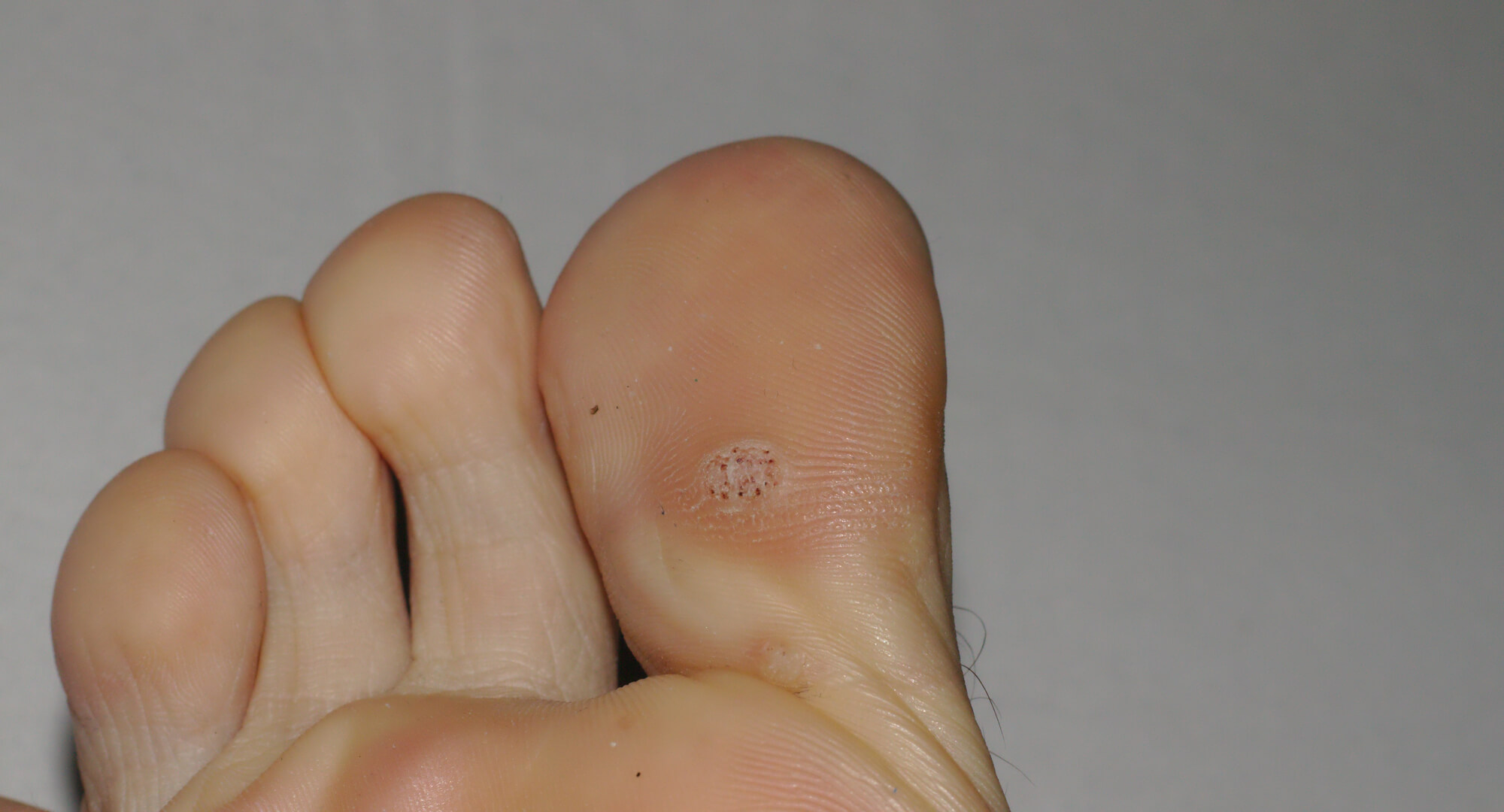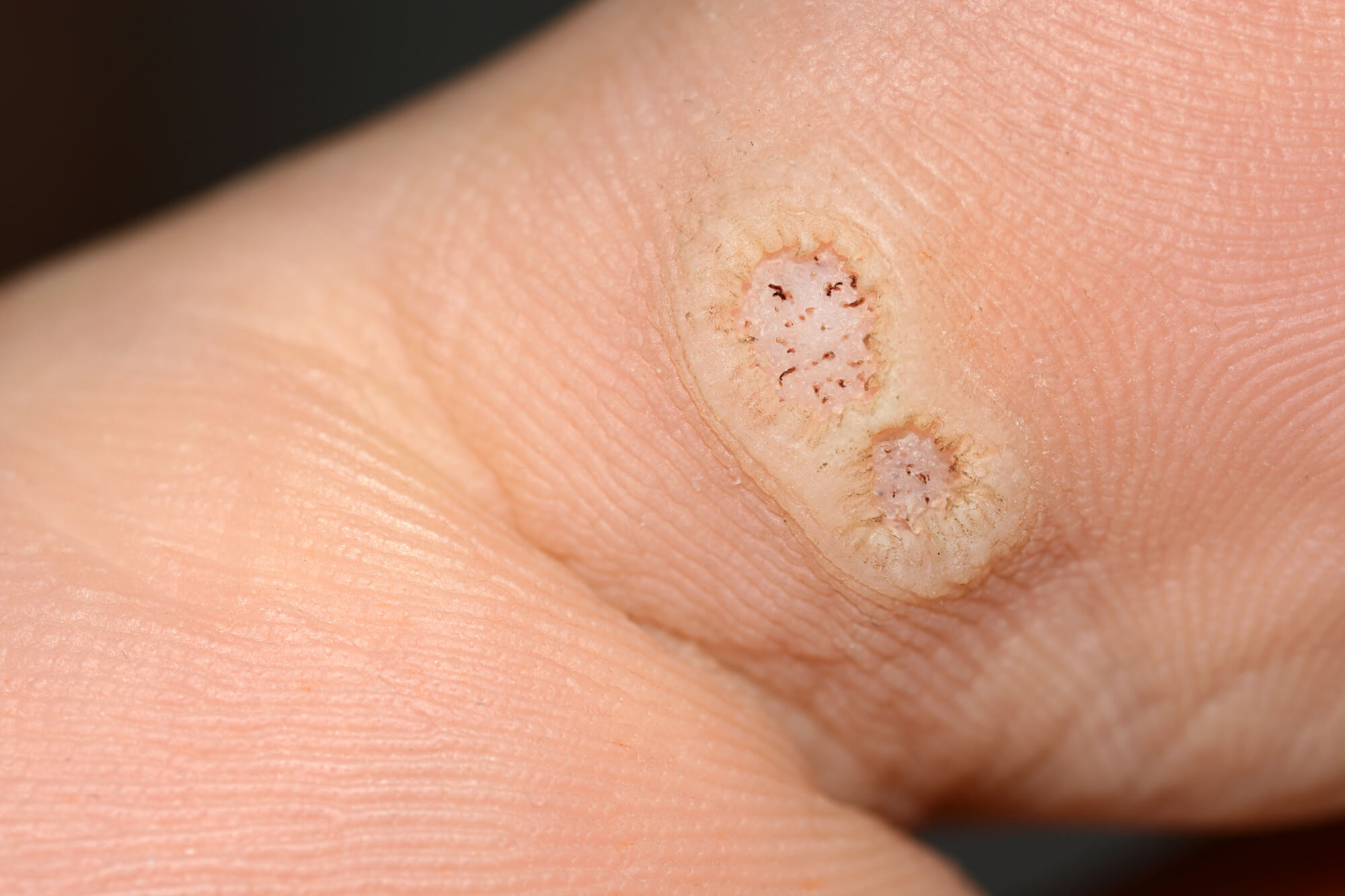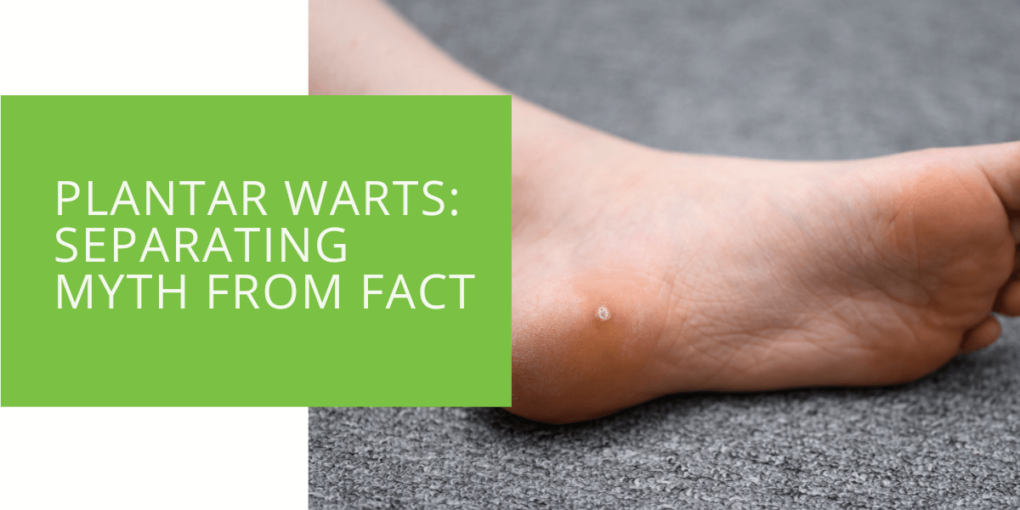Plantar Warts: Separating Myth from Fact
Plantar warts are a common skin growth that can cause discomfort and embarrassment for those with them. While they are caused by the human papillomavirus (HPV), many myths surrounding this type of wart can lead to confusion and misinformation. This article will separate myth from fact and provide the information you need to understand and manage plantar warts.
Myth #1: Plantar warts are caused by a virus found in dirty environments
Fact: Plantar warts are caused by the human papillomavirus (HPV), which is highly contagious and can be transmitted through direct contact with a wart or indirectly through contact with a surface that has come into contact with a wart. This means that plantar warts can occur in people of all ages and hygiene levels. Wearing shoes in public places or sharing shoes with someone with a plantar wart can also increase the risk of contracting HPV.

Myth #2: Plantar warts only affect people with compromised immune systems
Fact: While it is true that people with compromised immune systems may be more susceptible to developing plantar warts, anyone can get them. Factors such as wearing shoes that don't fit properly or walking barefoot in public places can increase the risk of contracting HPV. If you notice a growth on the sole of your foot, it is important to visit a podiatrist or other healthcare professional for proper diagnosis and treatment.
Myth #3: Plantar warts are easy to get rid of and don't require medical treatment
Fact: While some plantar warts may resolve independently, others may require medical treatment such as cryotherapy, topical medications, or surgery. It is best to consult a podiatrist or other healthcare professional for proper diagnosis and treatment. Wart removal can be complex, as warts that grow deeper into the skin may require more aggressive treatment options.
Myth #4: Plantar warts are painful
Fact: While plantar warts can be painful, especially if they are located on a weight-bearing area of the foot, this is not always the case. Some people may not experience any pain at all from their plantar warts. If you experience pain from a plantar wart, you must consult a healthcare professional for proper treatment.

Myth #5: Plantar warts can spread to other parts of the body
Fact: Plantar warts are specific to the soles of the feet and cannot spread to other parts of the body. However, it is possible to contract additional plantar warts if the virus is transmitted to other parts of the foot. It is important to practice good foot hygiene and avoid sharing shoes or walking barefoot in public places to reduce the risk of contracting or spreading plantar warts.
Conclusion
Plantar warts are a common skin growth that can cause discomfort and embarrassment. While they are caused by the human papillomavirus (HPV), many myths surrounding this type of wart can lead to confusion and misinformation. In this article, we have separated myth from fact and provided the information you need to understand and manage plantar warts. If you notice a growth on the sole of your foot, it is important to visit a podiatrist or other healthcare professional for proper diagnosis and treatment.
FAQ
What happens if you dig out a plantar wart?
Digging out a plantar wart can be painful and may cause bleeding. It is also not a reliable method for removing a wart as it may not fully remove the entire wart and can lead to scarring. It is best to consult a healthcare professional, such as a podiatrist, for proper diagnosis and treatment.
Are there roots in plantar warts?
Plantar warts do not have roots in the traditional sense. They are caused by the human papillomavirus (HPV), which infects the skin and causes growth. The HPV virus can be transmitted through direct contact with a wart or indirectly through contact with a surface that has come into contact with a wart.
Should you pull out a plantar wart?
No, it is not recommended to pull out a plantar wart. Attempting to remove a wart by pulling it out can be painful and may cause bleeding. It is also not a reliable method for removing a wart as it may not fully remove the entire wart and can lead to scarring. It is best to consult a healthcare professional, such as a podiatrist, for proper diagnosis and treatment.
What happens if you don't remove plantar warts?
Plantar warts can persist for an extended period if left untreated and may cause discomfort or pain when walking. They can also spread to other foot parts if the virus is transmitted. It is best to consult a healthcare professional, such as a podiatrist, for proper diagnosis and treatment to prevent the wart from spreading or persisting.
Can you have a plantar wart forever?
A plantar wart can persist for an extended period if not treated. However, it is also possible for a plantar wart to resolve on its own. It is best to consult a healthcare professional, such as a podiatrist, for proper diagnosis and treatment to prevent the wart from spreading or persisting.
Should I leave my Plantar wart alone?
It is generally not recommended to leave a plantar wart alone as it can persist for an extended period and may cause discomfort or pain when walking. It is also possible for a plantar wart to spread to other parts of the foot if the virus is transmitted. It is best to consult a healthcare professional, such as a podiatrist, for proper diagnosis and treatment.

